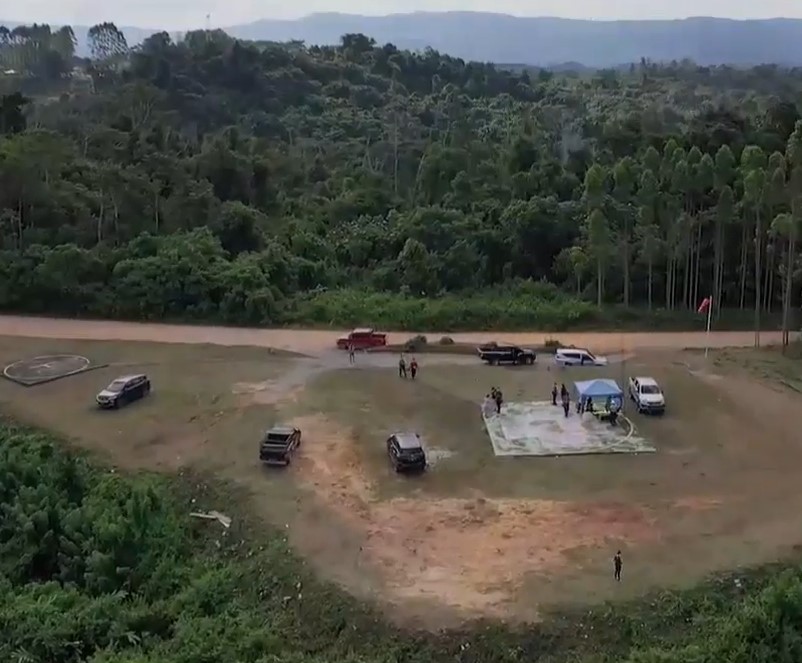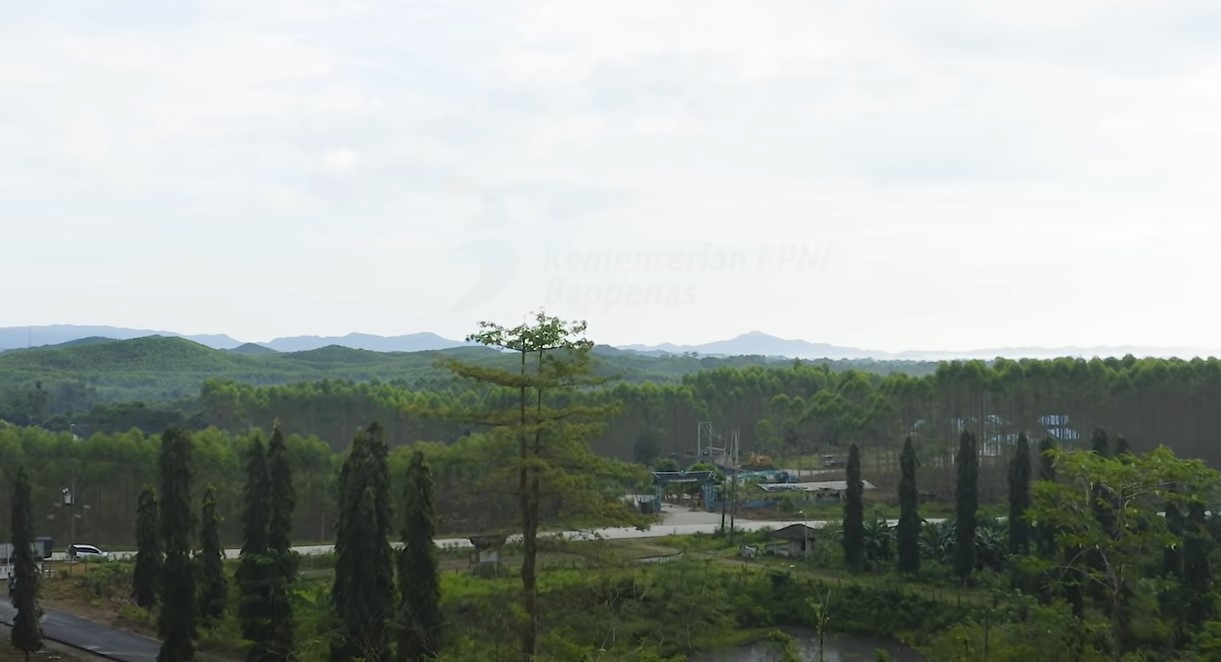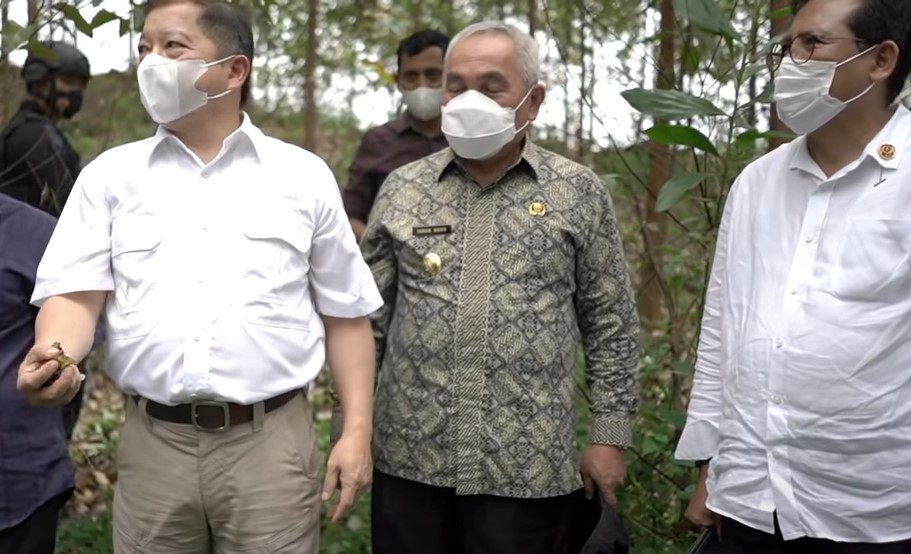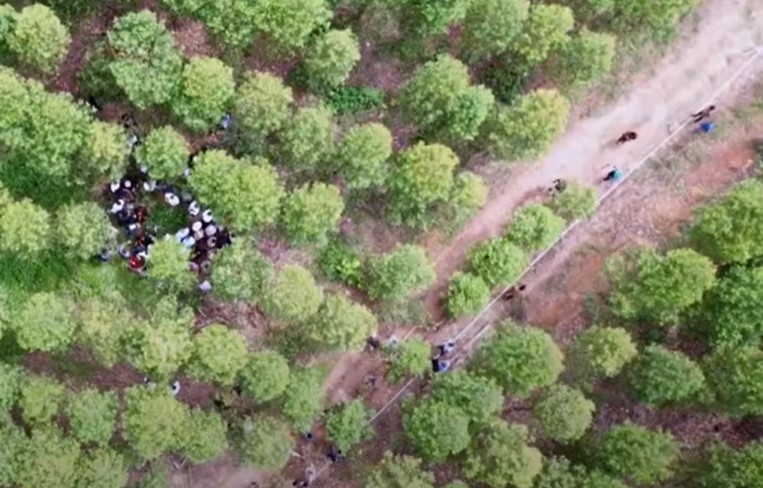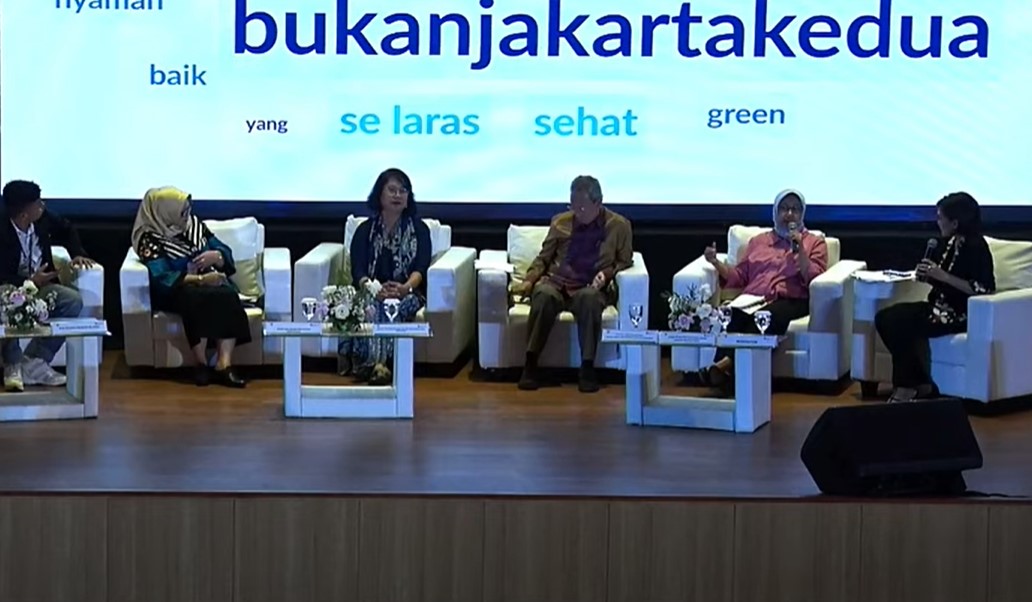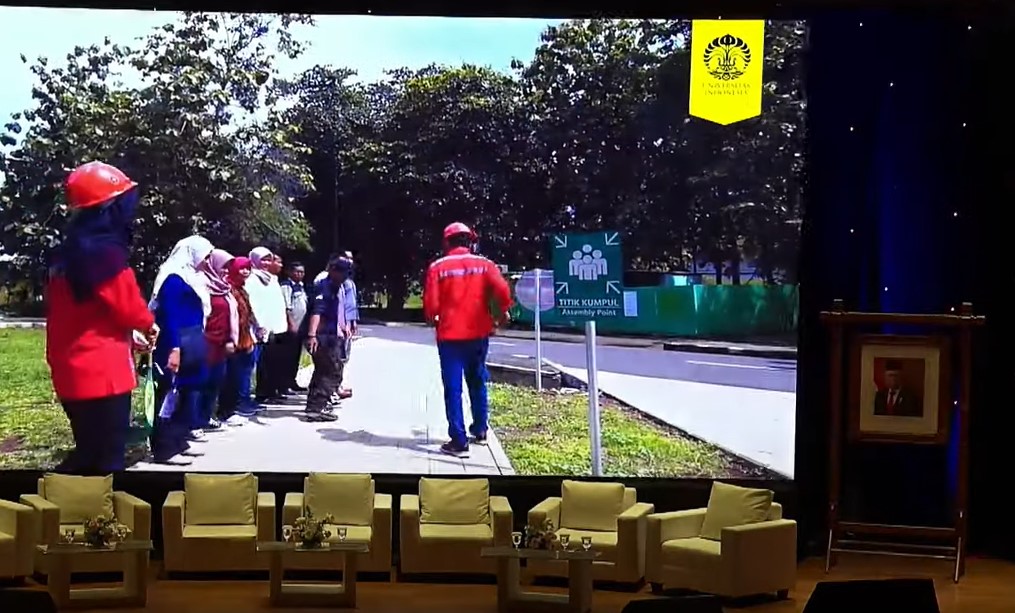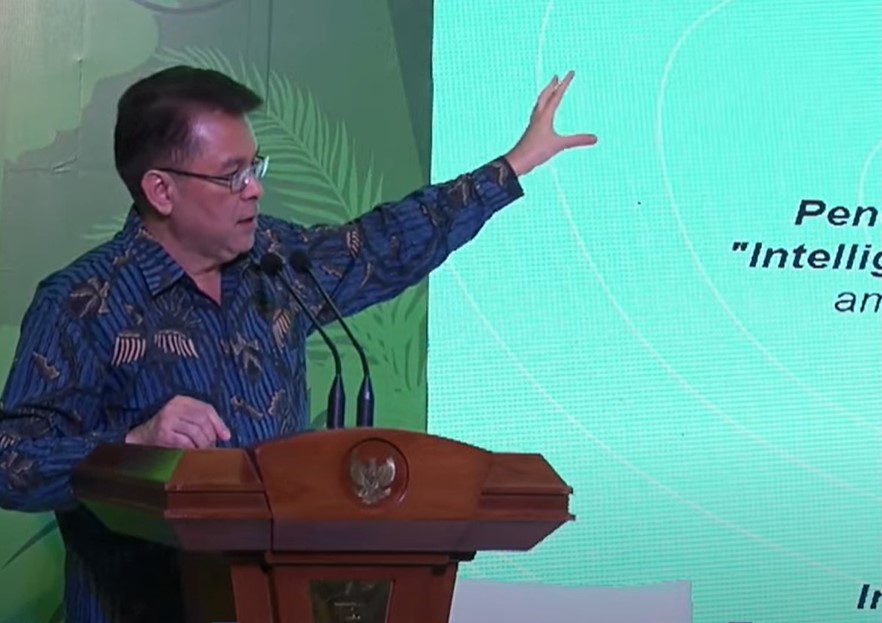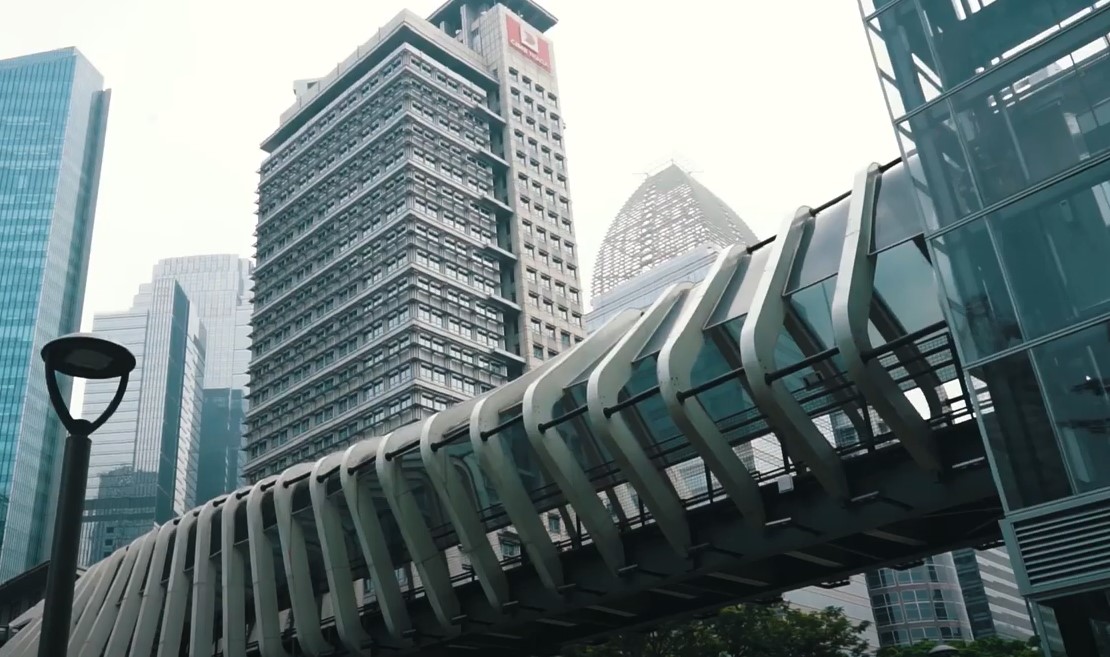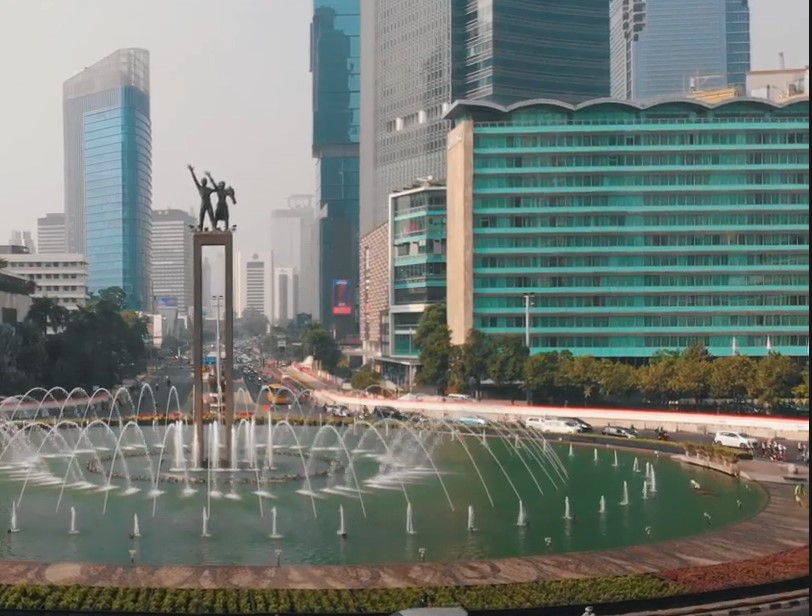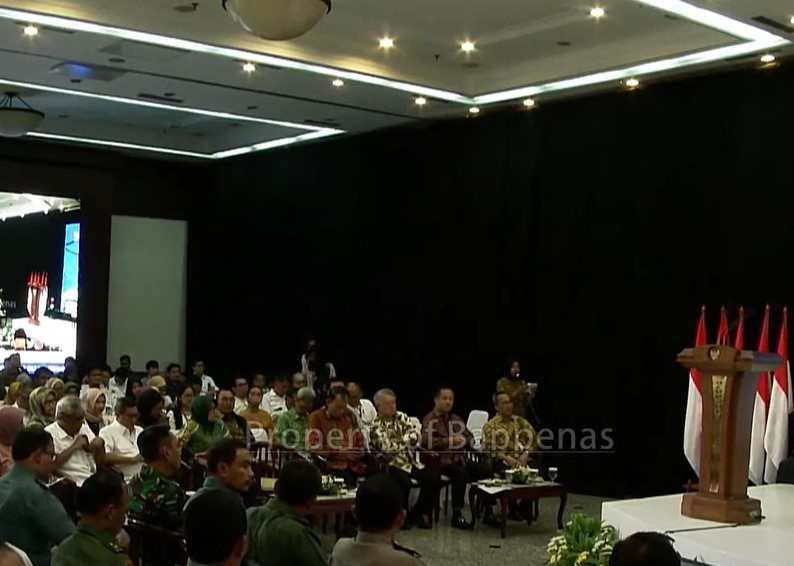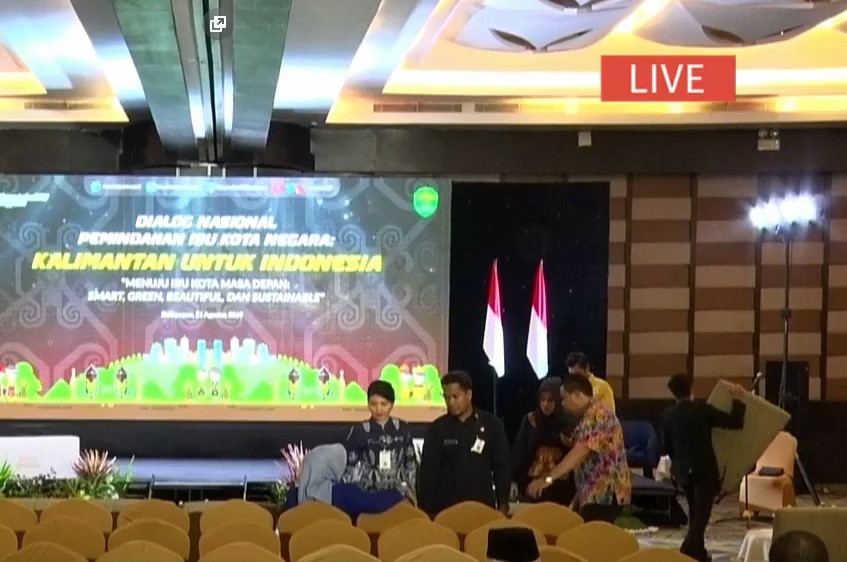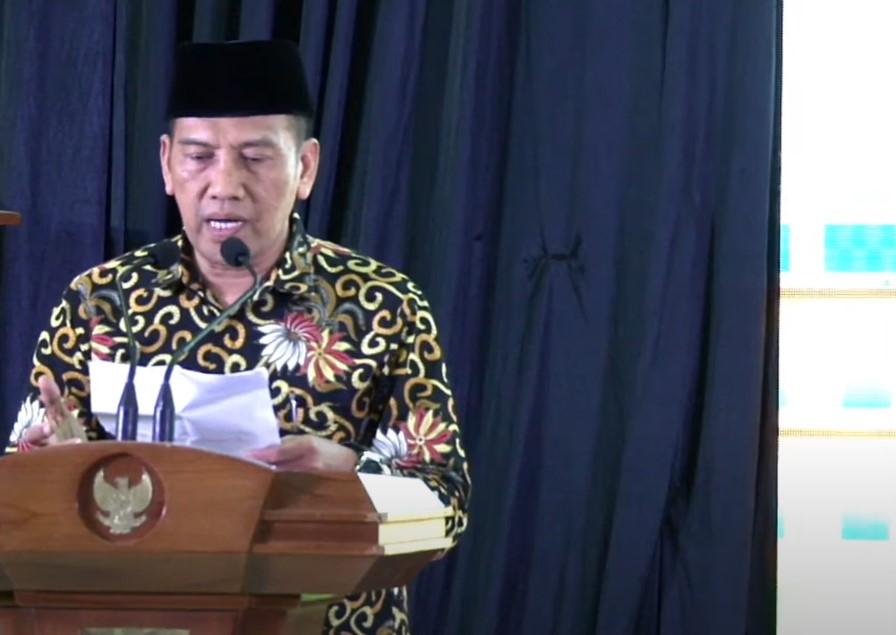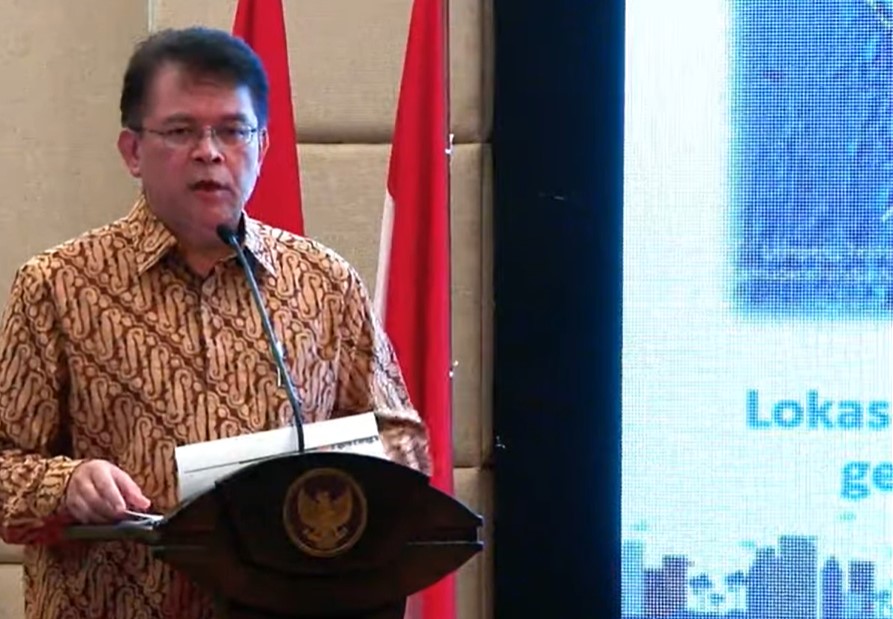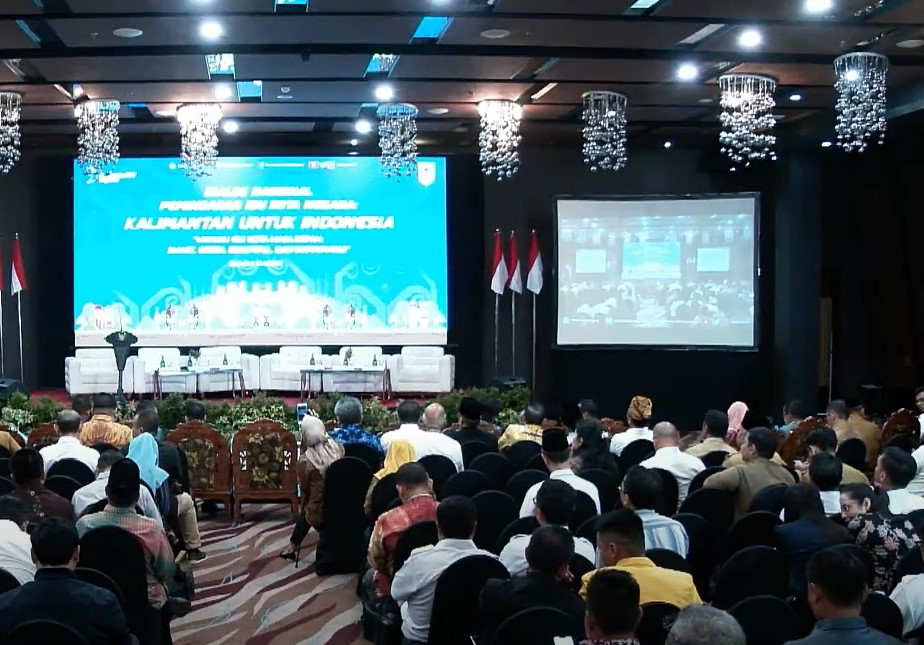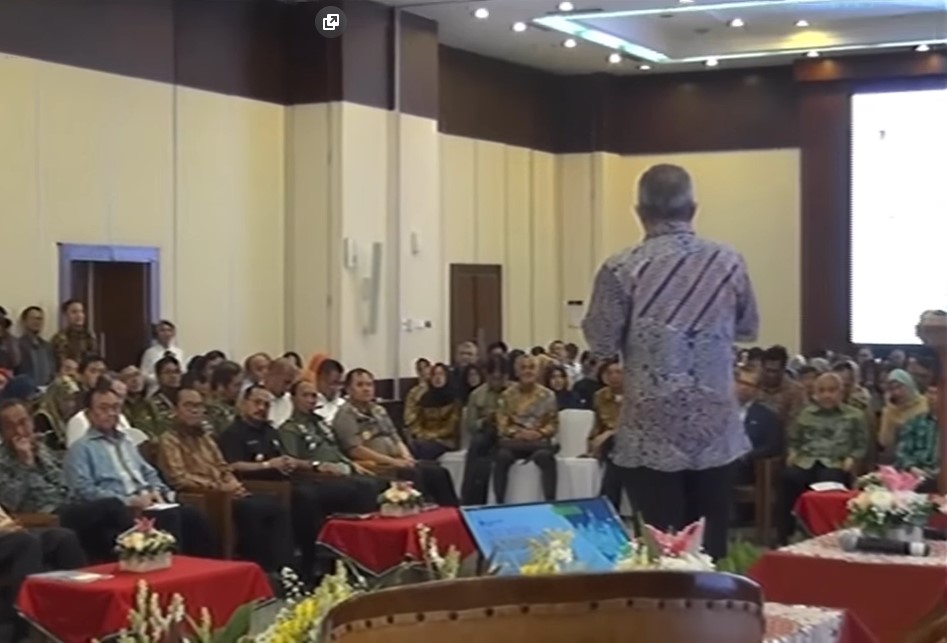The location of the new National Capital City will be built in the North Penajam Paser and Kutai Kartanegara Regencies in East Kalimantan. Based on the 2020 Population Census, the population of East Kalimantan is 3.77 million and is mainly dominated by immigrants (around 83%), with a majority being Javanese, Bugis and Banjarese. Meanwhile, the number of indigenous people is only at around 17% including ethnic Kutai, Paser and Dayak peoples. The community structure in East Kalimantan province is quite heterogenous and diverse due to the mixing and social integration that occurs between the indigenous and immigrant populations.
The immigrant population in East Kalimantan are mostly residents who have long resided and settled in East Kalimantan, with many of them born and raised in the region. The high number of immigrants in East Kalimantan is mainly due to the transmigration program. Cultural acculturation has taken place through various cultural processes, social interactions, and population migration which have formed a strong ethnic diversity and cultural pluralism. This process builds a "local genius" so that the people of Kalimantan are able to respond and accept outside cultures easier and live side by side with other tribes.
The IKN is designed to reflect the diversity of Indonesia as one of the goals of the IKN is to strengthen national identity and national unity. The city will be built based on cultural values that grow and develop in the archipelago by being mindful towards the environment, history, and culture of the people of Kalimantan.


